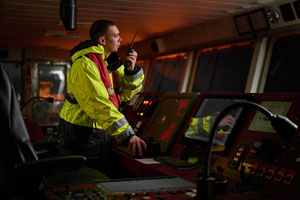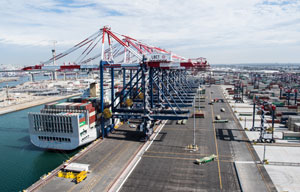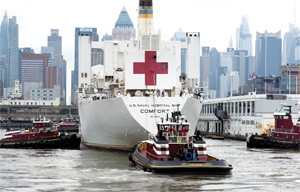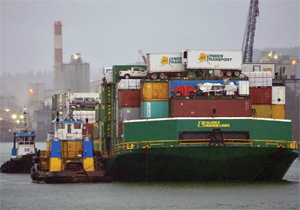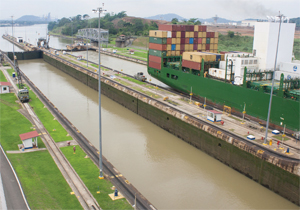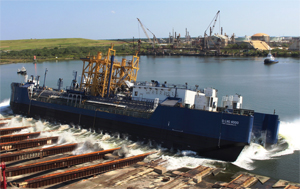03
Aug
For more than a century, marine radio has been a boon to all who work on the water, providing first for improved safety and, over time, becoming an indispensable operational tool. In recent years, it may not have experienced the “mobile revolution” that smartphones have brought to life ashore, but it has acquired many new capabilities. So, despite competition from…

